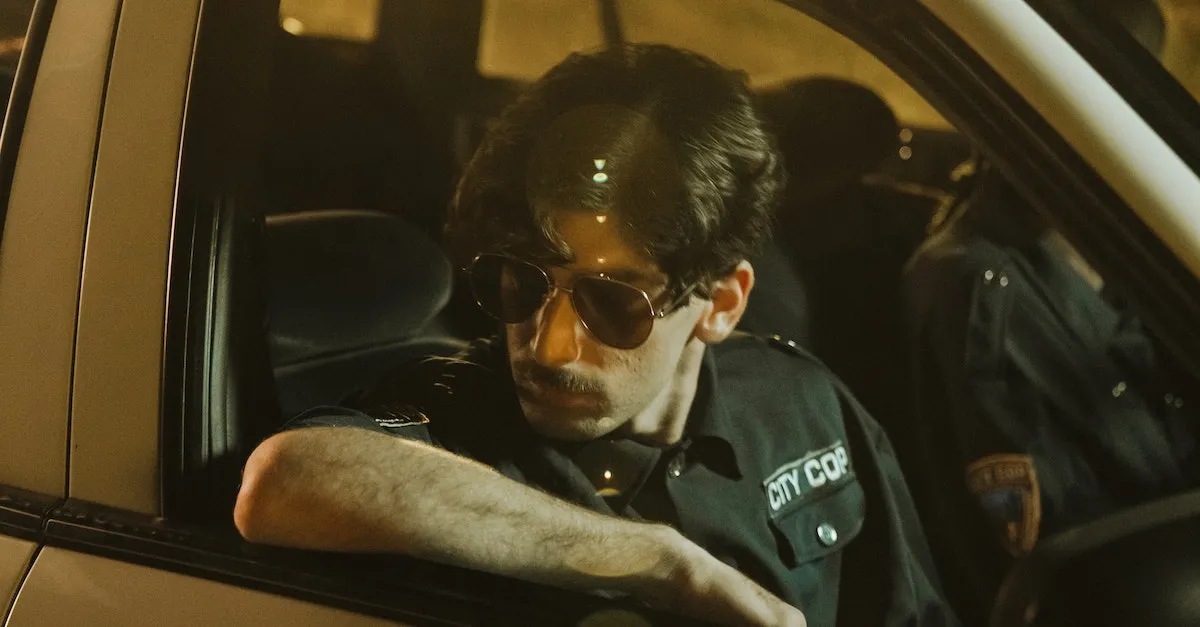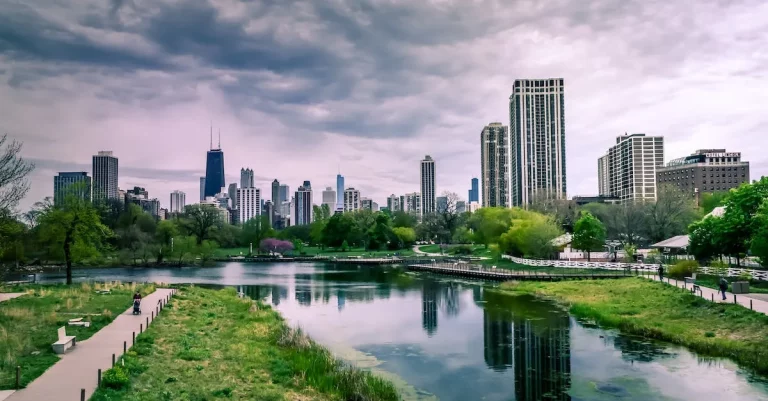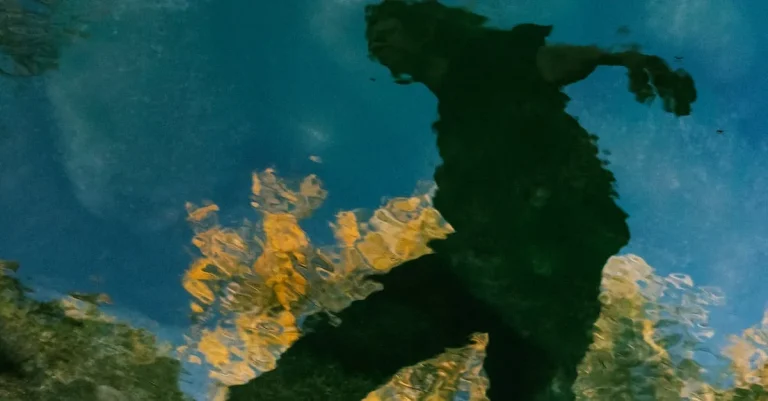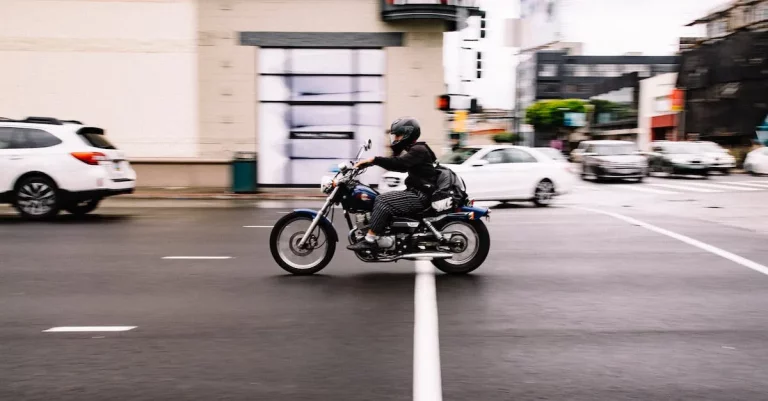Does California Have State Troopers? An Overview Of Chp Officers
Seeing those familiar police cruisers with “State Trooper” on the side is a common sight in many parts of the country. But does California have an official state trooper force like those in other states? The answer lies in understanding the role of the California Highway Patrol.
If you’re short on time, here’s a quick answer to your question: Yes, California does have state-level officers called California Highway Patrol (CHP). They serve a similar function to state troopers and handle statewide law enforcement duties.
In this comprehensive guide, we’ll explain everything you need to know about CHP officers in California. You’ll learn about their history and jurisdiction, officer duties and divisions, how they differ from local police, their role in statewide emergencies, requirements to join, and more.
CHP History and Jurisdictional Authority
Founded in 1929
The California Highway Patrol (CHP) is a law enforcement agency that was founded in 1929. It was established to provide traffic enforcement and highway patrol services throughout the state of California.
The CHP has since become one of the largest and most respected state law enforcement agencies in the nation.
The CHP’s origins can be traced back to the early days of the automobile, when traffic laws were still in their infancy. As California’s population grew and more vehicles took to the roads, there was a need for a dedicated organization to enforce traffic laws and ensure the safety of motorists.
Over the years, the CHP has played a crucial role in shaping traffic safety policies and practices. They have been at the forefront of implementing innovative strategies to reduce traffic accidents and fatalities.
From the early use of radar to detect speeding vehicles to the introduction of the “Click It or Ticket” campaign to promote seat belt usage, the CHP has been at the forefront of traffic safety initiatives.
Statewide Jurisdiction
The California Highway Patrol has jurisdiction over the entire state of California. Unlike local police departments, which have jurisdiction limited to specific cities or counties, the CHP has the authority to enforce laws on all state highways, including interstate highways and freeways.
This statewide jurisdiction means that CHP officers have the ability to respond to incidents and enforce traffic laws in any part of California. Whether it’s a rural stretch of highway in Northern California or a busy freeway in Los Angeles, CHP officers are responsible for maintaining public safety and enforcing traffic laws.
With their distinct black and white patrol cars and iconic badge, CHP officers are a familiar sight on California roadways. They are trained in a wide range of law enforcement techniques and are equipped with specialized tools and equipment to carry out their duties effectively.
For more information on the history and jurisdictional authority of the California Highway Patrol, you can visit their official website at https://www.chp.ca.gov.
Primary Duties and Divisions of CHP Officers
California Highway Patrol (CHP) officers are responsible for a wide range of duties to ensure the safety and security of California’s roadways. These highly trained professionals are known for their distinctive black and white patrol cars and play a vital role in maintaining law and order on the state’s highways.
Traffic Enforcement and Accident Investigations
One of the primary duties of CHP officers is traffic enforcement. They are responsible for enforcing traffic laws, detecting and apprehending drivers who violate these laws, and promoting safe driving practices.
CHP officers patrol the highways, monitoring and enforcing speed limits, seatbelt usage, and other traffic regulations. They also conduct accident investigations, gathering evidence, interviewing witnesses, and documenting the scene to determine the cause of accidents.
Their goal is to reduce the number of accidents and ensure the safety of all motorists on California’s roadways.
Criminal Investigations
CHP officers also play a crucial role in criminal investigations. While their primary focus is on traffic-related offenses, they have the authority to investigate and make arrests for a wide range of crimes that occur on or near the highways.
They work closely with other law enforcement agencies to detect and apprehend individuals involved in criminal activities such as drug trafficking, smuggling, and stolen vehicles. CHP officers receive specialized training in criminal investigations to effectively carry out their duties and contribute to maintaining public safety.
Emergency Response
CHP officers are often the first responders to emergencies on California’s highways. They are trained to handle a variety of emergency situations, including accidents, natural disasters, and medical emergencies.
CHP officers provide immediate assistance to those in need, securing the scene, providing medical aid, and coordinating with other emergency services. Their quick response and effective coordination are crucial in saving lives and minimizing the impact of emergencies on the state’s highways.
How CHP Differs from Local Police
While local police departments are responsible for maintaining law and order within their respective jurisdictions, the California Highway Patrol (CHP) has a distinct role that sets them apart. Here are a few key ways in which CHP differs from local police:
Larger Jurisdiction
Unlike local police departments that operate within a specific city or county, the CHP has jurisdiction over the entire state of California. This means that CHP officers have the authority to enforce traffic laws and respond to incidents on any highway or roadway throughout the state.
They play a vital role in ensuring the safety of millions of drivers who traverse California’s extensive road network.
According to the official CHP website, their jurisdiction includes over 100,000 miles of public roadways, which is more than any other law enforcement agency in the United States. This extensive jurisdiction allows CHP officers to respond to a wide range of situations, including accidents, traffic violations, and even assisting other law enforcement agencies when needed.
Focus on Highways
While local police departments handle a variety of duties, including community policing and responding to emergency calls, the primary focus of CHP officers is on highway safety. They are specially trained to handle the unique challenges and risks associated with patrolling California’s highways.
CHP officers are often seen stationed along major highways, monitoring traffic flow, and enforcing traffic laws to prevent accidents and maintain order. They are responsible for investigating traffic collisions, issuing citations, and assisting motorists in need.
Their presence on the highways helps to deter reckless driving and promote safe driving habits among California residents and visitors.
According to the National Highway Traffic Safety Administration (NHTSA), the presence of CHP officers on California highways has contributed to a significant reduction in traffic fatalities over the years.
In fact, California has seen a steady decline in traffic-related deaths, thanks in part to the efforts of CHP officers in ensuring the safety of motorists.
Role in State Emergencies and Special Events
California Highway Patrol (CHP) officers play a critical role in ensuring public safety during state emergencies and special events. Their training and expertise make them well-equipped to handle a variety of situations, from natural disasters to large-scale gatherings.
Emergency Response
During state emergencies such as wildfires, earthquakes, or floods, CHP officers work alongside other emergency response agencies to provide assistance and maintain order. They help with evacuations, traffic control, and ensuring the safety of affected communities.
Their presence on the highways and roadways is crucial for keeping the flow of traffic moving and preventing further chaos.
In addition, CHP officers are trained in first aid and CPR, allowing them to provide immediate medical assistance if needed. They are often the first on the scene, providing vital support until additional medical personnel arrive.
Special Events
CHP officers are also heavily involved in ensuring the smooth operation of special events throughout the state. This includes major sporting events, concerts, parades, and festivals. They work closely with event organizers and local law enforcement agencies to develop traffic management plans, ensuring the safety of both participants and spectators.
During these events, CHP officers are responsible for traffic control, managing road closures, and directing vehicles to designated parking areas. Their presence helps prevent congestion and ensures the event runs smoothly without any major disruptions.
Furthermore, CHP officers are trained to handle crowd management and maintain public order. They are skilled at de-escalating tense situations and diffusing potential conflicts, ensuring the safety and well-being of everyone in attendance.
Collaboration and Coordination
CHP officers work closely with other law enforcement agencies, including local police departments and sheriff’s offices, during state emergencies and special events. This collaboration allows for efficient coordination and the pooling of resources to effectively respond to any challenges that may arise.
Their ability to work as part of a team is crucial in handling large-scale incidents, where effective communication and cooperation are essential for a successful outcome.
For more information on the role of CHP officers in state emergencies and special events, you can visit the official California Highway Patrol website at https://www.chp.ca.gov/.
Requirements and Training to Become a CHP Officer
Becoming a California Highway Patrol (CHP) officer is a noble and demanding career path. These officers play a crucial role in ensuring the safety and security of California’s highways. To become a CHP officer, candidates must meet a set of requirements and undergo extensive training.
Education and Age Requirements
CHP officers are required to have a minimum of a high school diploma or equivalent. However, having some college education or a degree in criminal justice can be beneficial during the selection process.
Additionally, candidates must be at least 20 years old at the time of application and must not have reached their 35th birthday by the time of appointment.
Physical and Medical Fitness
Physical fitness is an essential requirement for CHP officers. Candidates must pass a rigorous physical agility test, which includes exercises such as running, push-ups, sit-ups, and a 99-yard obstacle course. This test is designed to assess the candidate’s overall physical strength and endurance.
In addition to physical fitness, candidates must also meet medical standards set by the CHP. This includes passing a thorough medical examination to ensure they are in good health and free from any conditions that may hinder their ability to perform the duties of a CHP officer.
Background Investigation
Before being selected for training, candidates must undergo a comprehensive background investigation. This investigation includes a review of the candidate’s personal, employment, and educational history.
It also includes a thorough examination of their criminal records, driving records, and credit history.
The background investigation is conducted to ensure that candidates possess the integrity, honesty, and good judgment required to serve as a CHP officer.
Training at the CHP Academy
Once selected, candidates undergo an intensive training program at the CHP Academy in West Sacramento. The training program lasts for approximately 28 weeks and covers various aspects of law enforcement, including traffic control, accident investigation, emergency response, firearms training, defensive tactics, and community policing.
During their training, candidates are exposed to realistic scenarios and undergo both physical and academic assessments. The goal of the training is to equip candidates with the necessary skills and knowledge to handle the challenges they may face as CHP officers.
Ongoing Training and Career Development
Becoming a CHP officer is just the beginning of a lifelong learning journey. Once assigned to a field office, officers undergo continuous training and career development opportunities. This includes specialized training in areas such as DUI enforcement, drug recognition, and advanced accident investigation techniques.
CHP officers also have the opportunity to advance in their careers by taking on leadership roles or specializing in specific areas of law enforcement.
For more detailed information on the requirements and training to become a CHP officer, you can visit the official CHP website at https://www.chp.ca.gov.
Conclusion
While they may not be officially called �state troopers,’ the California Highway Patrol serves as California’s statewide law enforcement agency. With jurisdiction across the state, specialized training, and duties ranging from traffic enforcement to criminal investigations and emergency response, CHP officers fill the same role as state troopers do in other parts of the country.








